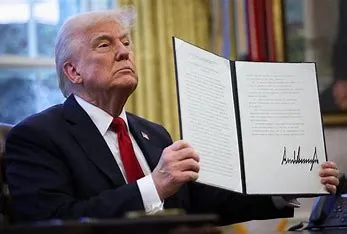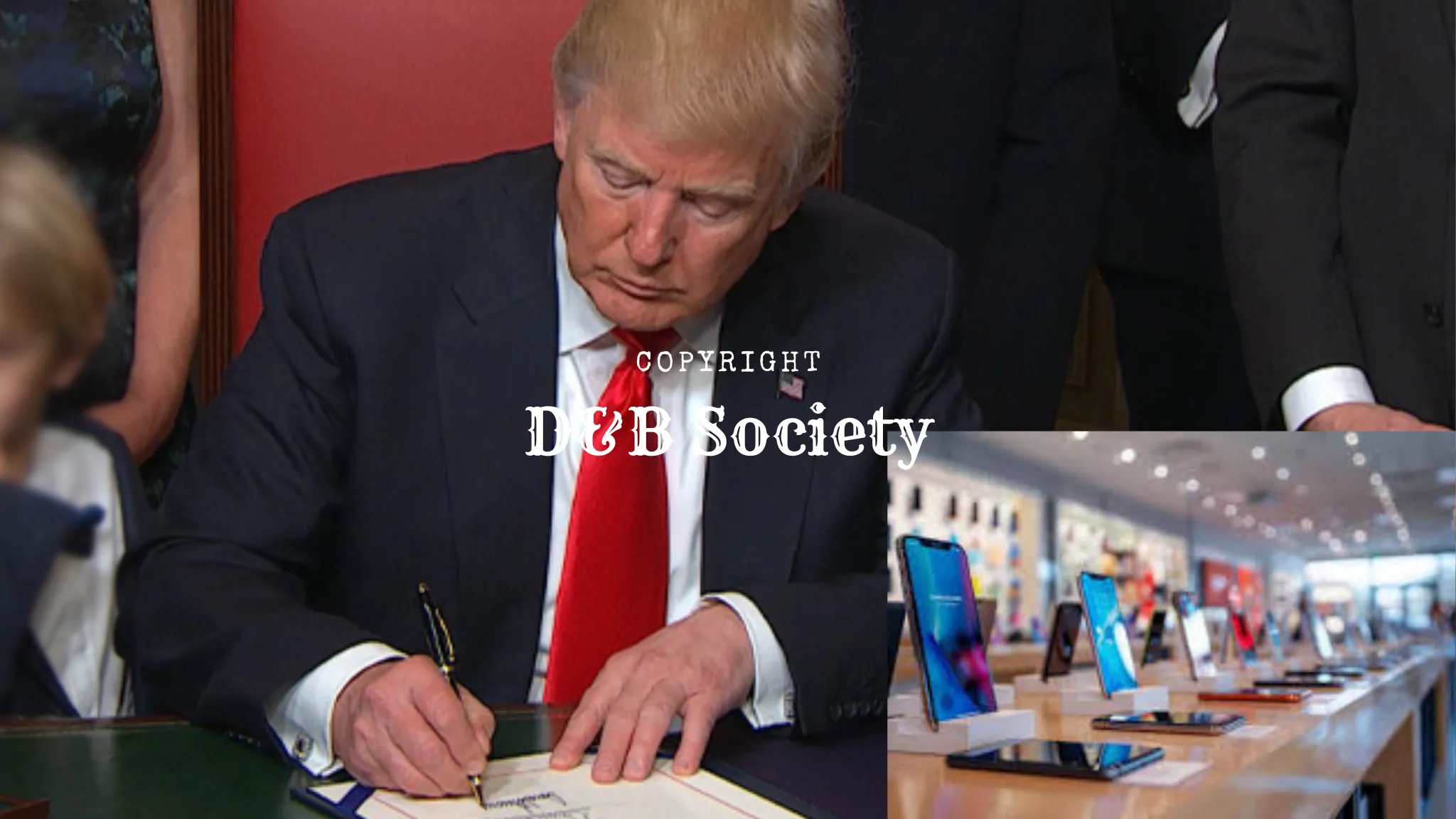The recent condemnation by the United States of Nigeria’s ban on the importation of 25 selected goods has sparked debate, especially when the world’s largest economy is also deeply entrenched in its own protectionist agenda.
According to U.S. trade officials, Nigeria’s policy undermines American exporters and limits access to one of Africa’s largest consumer markets. The complaint comes as part of a broader campaign by the Office of the United States Trade Representative (USTR), following former President Donald Trump’s push for tariffs on a wide range of foreign imports.
Ironically, while criticizing Nigeria, the U.S. has itself imposed a 14% tariff on Nigerian imports—excluding crude oil.
U.S. Concerns Over Trade Access
In an official statement, the USTR mentioned that:
“These policies create significant trade barriers that lead to lost revenue for U.S. businesses looking to expand in the Nigerian market. Restrictions on various items like beef, pork, poultry, fruit juices, medications, and spirits limit U.S. market access and reduce export opportunities.”
The Nigerian policy in question was introduced by the Central Bank of Nigeria (CBN) in 2015, and it blocks access to foreign exchange for some specific imported items. The goal was to encourage local production and reduce overdependence on foreign goods.
Globalization and Its Unexpected Effects
It is no secret that globalization has largely helped developed nations around the globe. Many developing countries, including Nigeria, have watched their manufacturing industries decline as cheaper goods from other countries over flows in their markets. The textile industry is a perfect example, once a thriving sector in Nigeria, it has almost breakdown under the weight of cheaper goods being imported from overseas.
While American lament foul over Nigeria’s protectionist stance, the U.S. continues to set down tariffs to protect their own industries, displaying the very approach it criticizes.
Things Are Changing in Global Trade
These days, the global trade game is shifting. The U.S.—yep, the same country preaching free trade for decades—is now putting up its own walls with economic nationalism. Crazy, right?
For Nigeria, that should be a wake-up call.
Let’s be real: protectionist policies, if done right, aren’t just about blocking imports. They can actually help grow local industries, create jobs, and push us to rely more on what we make here. It’s not about shutting the world out—it’s about making sure our local businesses don’t get crushed by cheaper, mass-produced stuff from abroad.
Just look at the UK. Their parliament recently stepped in to take back control of British Steel from a Chinese company that wanted to shut down key parts of it. That move says a lot—even developed countries are starting to protect their own industries again.
Why Nigeria Needs to Rebuild Its Manufacturing Base
Nigeria's over-reliance on imported goods has seriously hurt its economy. The country spends over $4 billion a year on importing garments, but local garment factories aren't even being used to their full potential. As a result, the poverty rate keeps rising because Nigeria is consuming way more than it produces.
Look at China, for example. They used globalization to turn themselves into a manufacturing giant, but Nigeria hasn’t fully tapped into the power of its people or its local industries. If Nigeria wants to turn things around, it needs to focus on sectors like textiles, agriculture, and manufacturing. Rebuilding these industries isn’t just about boosting the economy—it’s about the country’s very survival.
Share this article:







No comments yet. Be the first to comment!